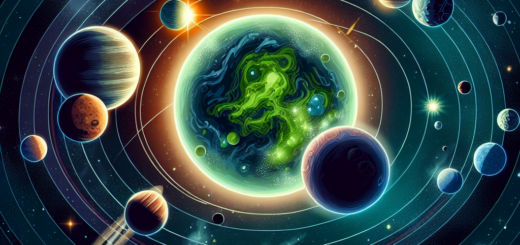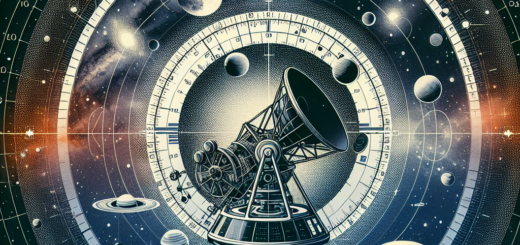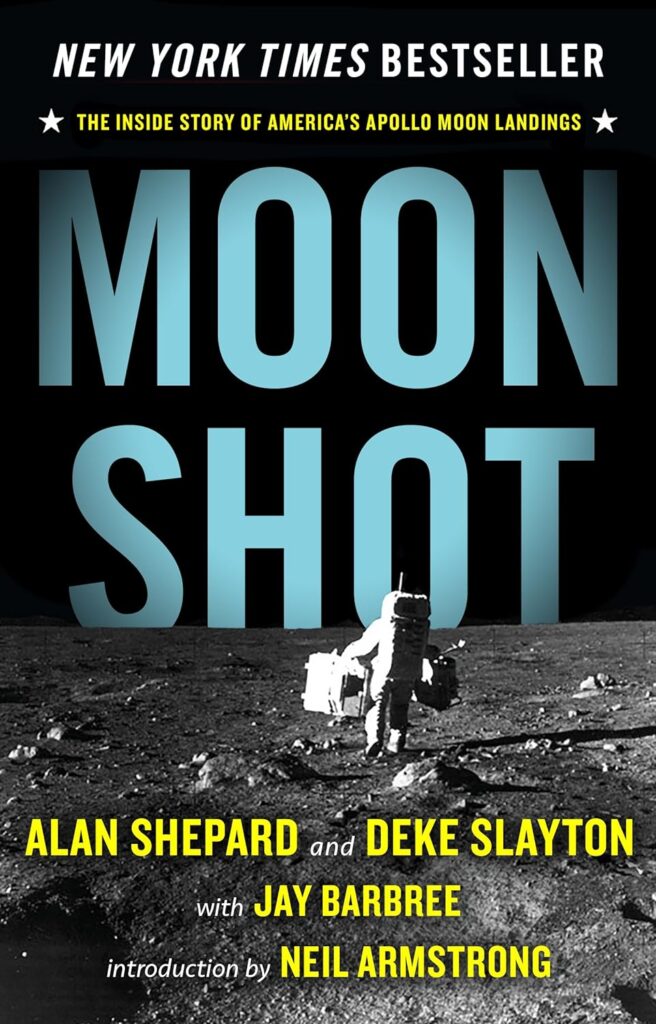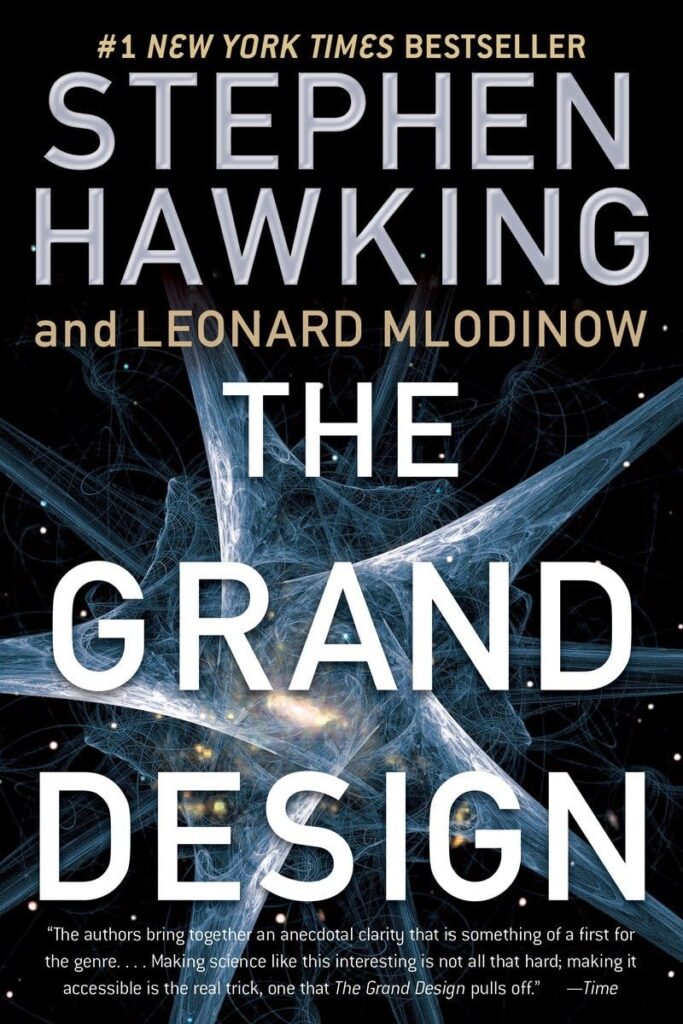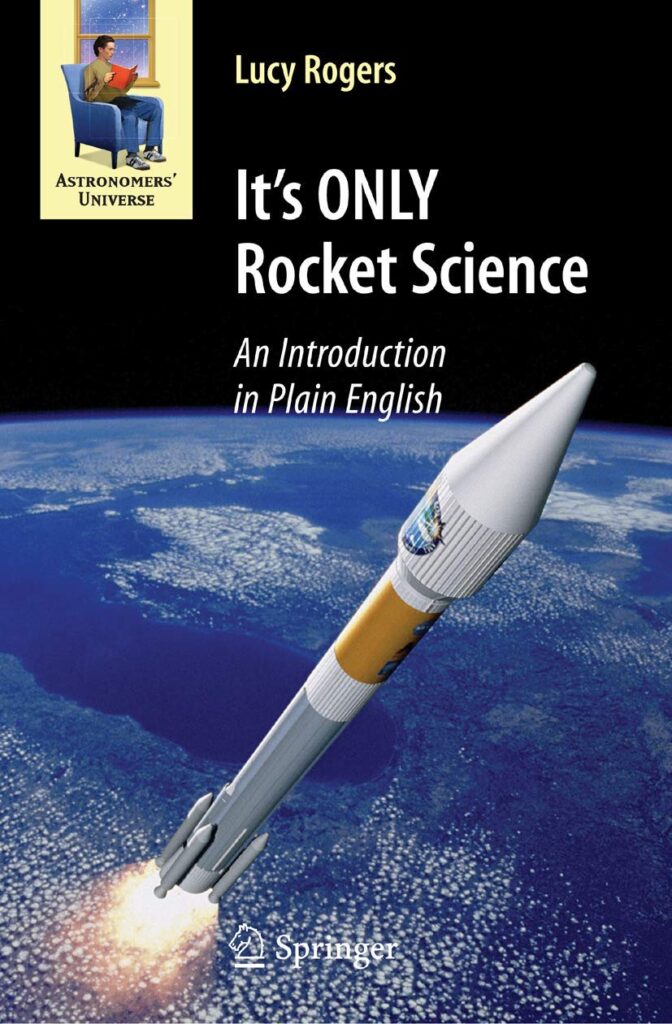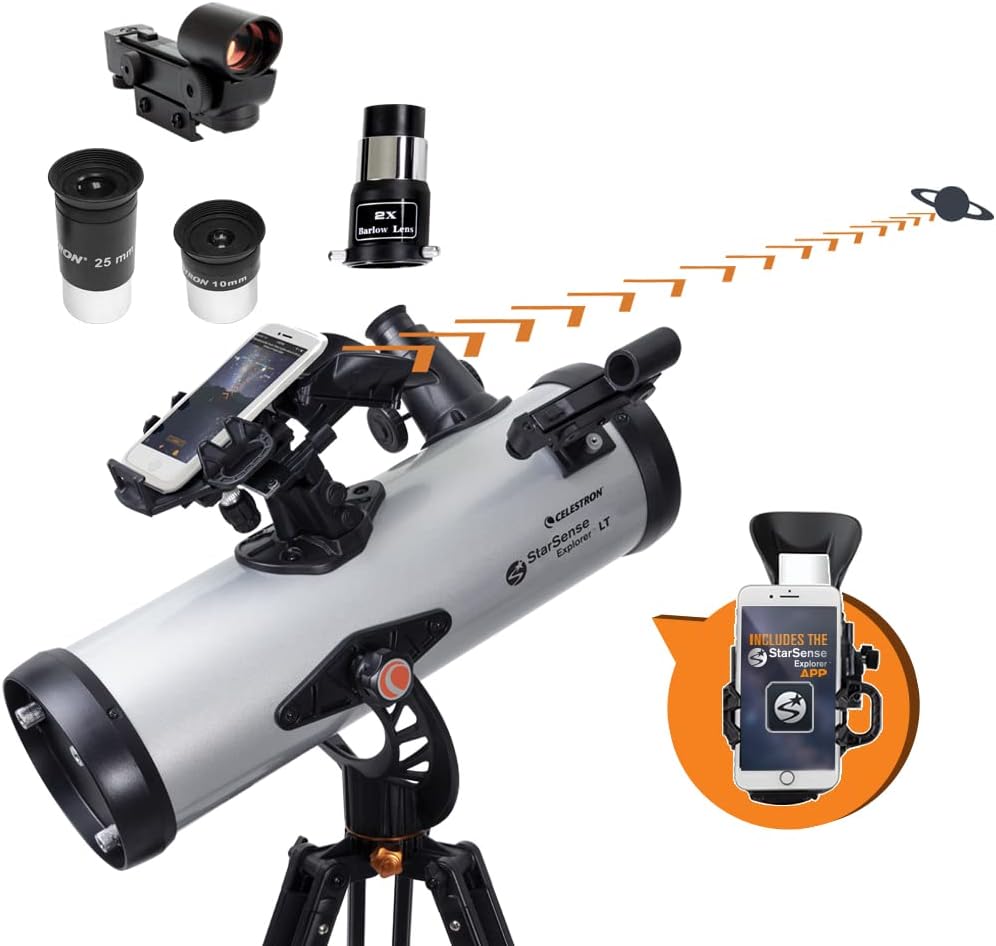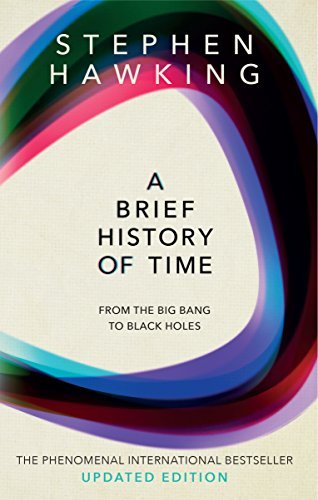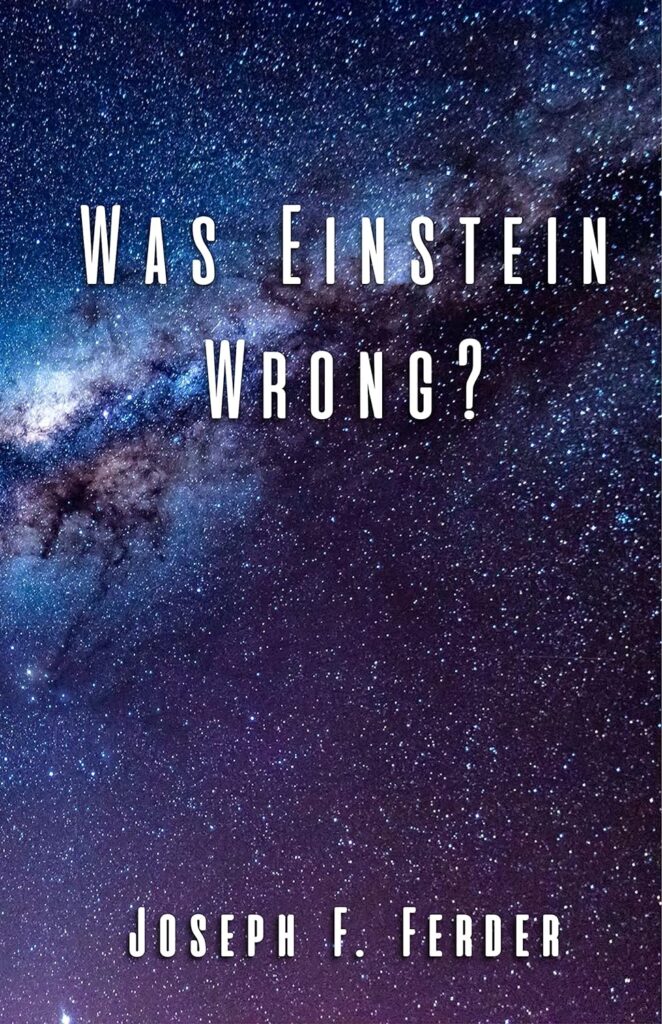Incredible New Astronomical Findings Spark Excitement in Scientific Community
The scientific community is abuzz with excitement over the incredible new astronomical findings that have recently been uncovered. From the discovery of a potentially habitable exoplanet to the detection of mysterious cosmic phenomena, these groundbreaking discoveries are revolutionizing our understanding of the universe.
One of the most exciting new findings is the discovery of a potentially habitable exoplanet orbiting a nearby star. Known as Proxima Centauri b, this Earth-sized planet is located just over four light-years away from our solar system. Scientists believe that Proxima Centauri b may have the right conditions to support liquid water, making it a prime candidate in the search for extraterrestrial life.
In addition to the discovery of Proxima Centauri b, astronomers have also detected a series of mysterious cosmic phenomena known as fast radio bursts. These powerful bursts of radio waves originate from distant galaxies and last for just a few milliseconds. While the exact cause of these fast radio bursts remains unknown, scientists believe that they may be produced by highly energetic events such as supernovae or black holes.
Furthermore, astronomers have recently observed a rare cosmic event known as a kilonova. This phenomenon occurs when two neutron stars collide, releasing a burst of energy that can be detected by telescopes on Earth. The recent observation of a kilonova has provided scientists with valuable insights into the nature of these cataclysmic events and the formation of heavy elements in the universe.
Overall, these incredible new astronomical findings are reshaping our understanding of the cosmos and sparking excitement within the scientific community. With each new discovery, astronomers are gaining a deeper insight into the mysteries of the universe and the potential for finding life beyond Earth. As researchers continue to push the boundaries of our knowledge, the future of astronomy looks brighter than ever before.


